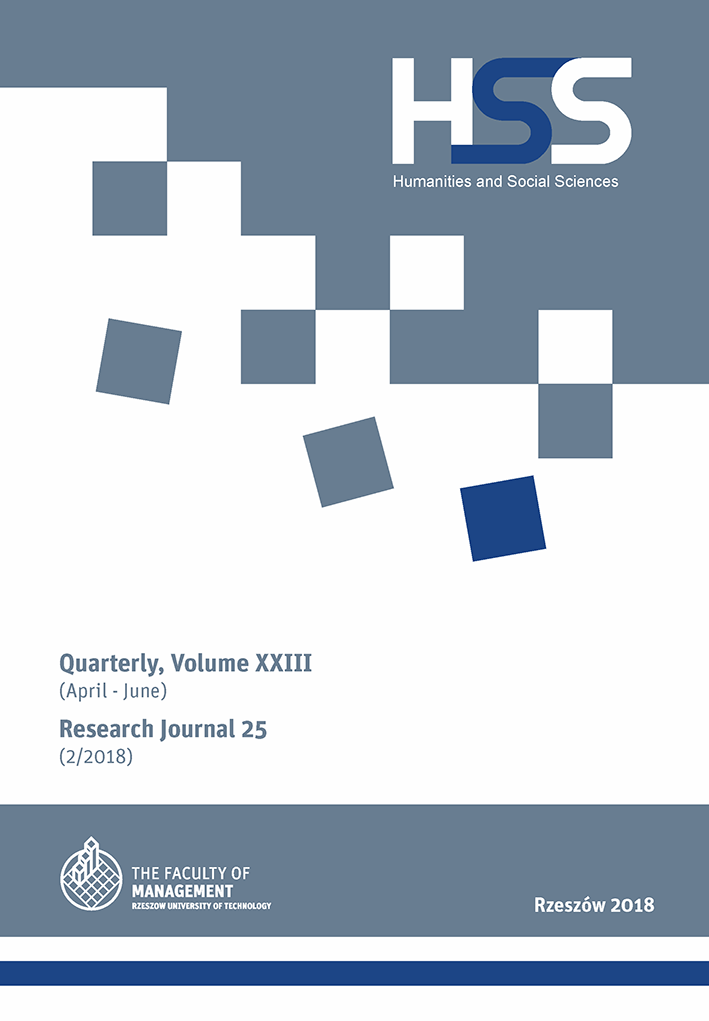Abstrakt
“The era in which the Commandant's genius flourished did not come to an end along with his death. We are still living in the same epoch”[1] said the prime minister Sławoj Składkowski in the speech which he delivered in the Polish parliament on taking the helm of the government. His words contained some sort of a credo adhered to by Sanacja and could be regarded as synthesizing the views held by the late Marshal adherents on the functioning of the state and the role performed by his camp in the political system of the Polish Republic. To clarify the opinion quoted in the above it needs to be said that it involved three important elements: 1) the belief that political activities which Piłsudski and his subordinates from the Legions and POW (The Polish Military Organization) carried out in the years 1914-1921 deserved a special credit for a key contribution to the rebirth of an independent Poland determining both its territorial shape and political system as well; 2) the conviction that those to whom Poland owed its restored indepedence were clearly endowed with so extraordinary abilities as to make the best candidates for dealing with all the important problems that confronted the Polish politics.
Bibliografia
„Listy z Londynu” nr 2 (15III 1942) (19, March, .Letters from London" [later LzL] No 2 (15, March, 1942).
Adamczyk A., Piłsudczycy w izolacji 1939-1954. Studium z dziejów struktur i myśli politycznej (Piłsudski adherents in Isolation 1939-1954. The Study of Political Thought and Political Structures), Bełchatów 2008.
Arski S., My, pierwsza brygada (We, The First Brigade), Warszawa 1963
Cenckiewicz S., Ignacy Matuszewski jako geopolityk (Ignacy Matuszewski as Geopolitical thinker) „Arcana” 2001, No 2/38.
Cichoracki P., Legenda i polityka. Kształtowanie się wizerunku Marszałka Józefa Piłsudskiego w świadomości zbiorowej społeczeństwa polskiego w latach 1918-1939 (The Development of the Public Image of Marshal Piłsudski in Collective Consciousness of the Polish Society in the Years 1918-1939), Kraków 2005, passim.
Dymarski M., Stosunki wewnętrzne wśród polskiego wychodźstwa politycznego i wojskowego we Francji i Wielkiej Brytanii 1939-1945 (The Polish Political and Military Exiles in France and Great Britain 1939-1945), Wrocław 1999.
Eberhardt P., Twórcy polskiej geopolityki (The Authors ofthe Polish Geopolitics), Kraków 2006, p. 155-158.
Gałęzowski M., Wierni Polsce, t. II, Publicystyka piłsudczykowska w kraju 1940-1946. Wybór tekstów (Faithful to Poland, vol. II, the Writtings of Piłsudski Adherents in Poland in the years 1940-1946. The Selection of Texts), Warszawa 2007.
Gałęzowski M., Wierni Polsce. Ludzie konspiracji piłsudczykowskiej 1939-1947 (Loyal to Poland. The Piłsudski Adherents in the Underground Movement 1939-1947) Warszawa 2005.
IJPIL, Kol. Polska w II wojnie światowej, sygn. 38, dok 23. Stanowisko Zespołu Piłsudczyków w Londynie wobec spraw Europy Środkowo-Wschodniej. (IJP/L, Col. Poland in the Second World War, sign. 38, doc. 23. Piłsudski Adherents in London towards the problems of Eastern and Central Europe).
Instytut Polski i Muzeum im. Gen. W. Sikorskiego w Londynie, Kol. Jana Szembeka, sygn. 85. Notatki J. Szembeka z lat 1942-1944. (The Polish Institute and gen. W. Sikorski’s Museum in London, Jan Szembek’s collection, sign. 85. Jan Szembek’s notes from the years 1942-1944).
IPN, Rząd Polski na emigracji (MBP), t. 242, Korespondencja generała do zleceń specjalnych Naczelnego Wodza I. Modelskiego z prezesem Rady Ministrów (1941). (Institute of National Remembrance, The Polish Government in Exile, MBP, Vol. 242. Correspondence of I. Modelski - general for special assignments in the Bureau of Commander-in- Chief- with the Prime Minister, 1941).
Józef Piłsudski Institute in London, Coll. Exile, Sign. 36, Doc 25, Piłsudski Adherents’ Ideological Declaration in London.
Kawalec K., Spadkobiercy niepokornych. Dzieje polskiej myśli politycznej 1918-1939 (The Heirs of the Indomitable. The History of the Polish Political Thought 1918-1939), Wrocław 2000.
Ku Polsce wyzwolonej (Toward Liberated Poland), LzL, No 2 (15, March, 1942).
Kumaniecki K., Stosunki Rzeczypospolitej z państwem radzieckim 1918-1943. Wybór dokumentów (Poland's Relations with the Soviet State 1918-1943), Warszawa 1991.
Lapter K., Pakt Piłsudski-Hitler (Piłsudski-Hitler Pact), Warszawa 1962.
Migdał S., Piłsudczyzna w latach pierwszej wojny światowej. Zarys działalności i ideologii (Piłsudski Adherents during the First World War. The Activities and Ideology), Katowice 1961.
Paruch W., Konflikty unicestwiające w piłsudczykowskiej myśli politycznej XX w. [w:] Oblicza i koncepcje rozwiązywania konfliktów w polskiej myśli politycznej XX wieku (Destructive Character Conf/icts in the Political Thought oj Piłsudski Adherents in 20th century [w:] The Conceptions oj Conflicts Settlement in the Polish Political Thought in 20th century), ed. A. Wojtas, M. Strzelecki, Bydgoszcz 2000.
Paruch W., Myśl polityczna obozu piłsudczykowskiego 1926-1939 (The Political Thought oj Piłsudski Camp 1926-1939), Lublin 2005.
Realizm i abstrakcja (Realism and Abstraction), LzL, No 2 (15, March 1942).
Seges D., Edvard Benes a sprawa polska w kontekście podpisania układu czechosłowacko-sowieckiego z 1943 roku, (Edvard Benes, the Polish Problem and the Czech-Soviet Agreement of 1943), „Dzieje Najnowsze” 2006, No 3.
The stenographic report of the Seym of the Polish Republic of IV term - the Session of the Parliament 26 (April, 6, 1936)
Zagadnienie Morza Bałtyckiego (The Issue of the Baltic Sea), LzL, No 6 (17, May, 1942).

